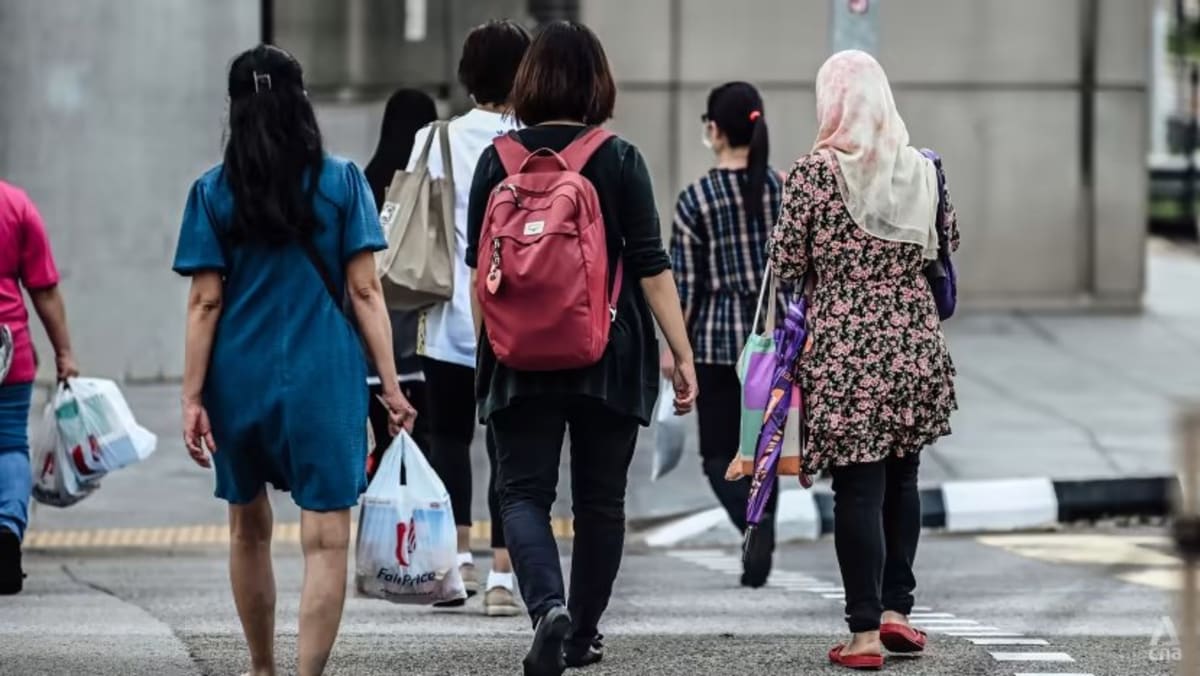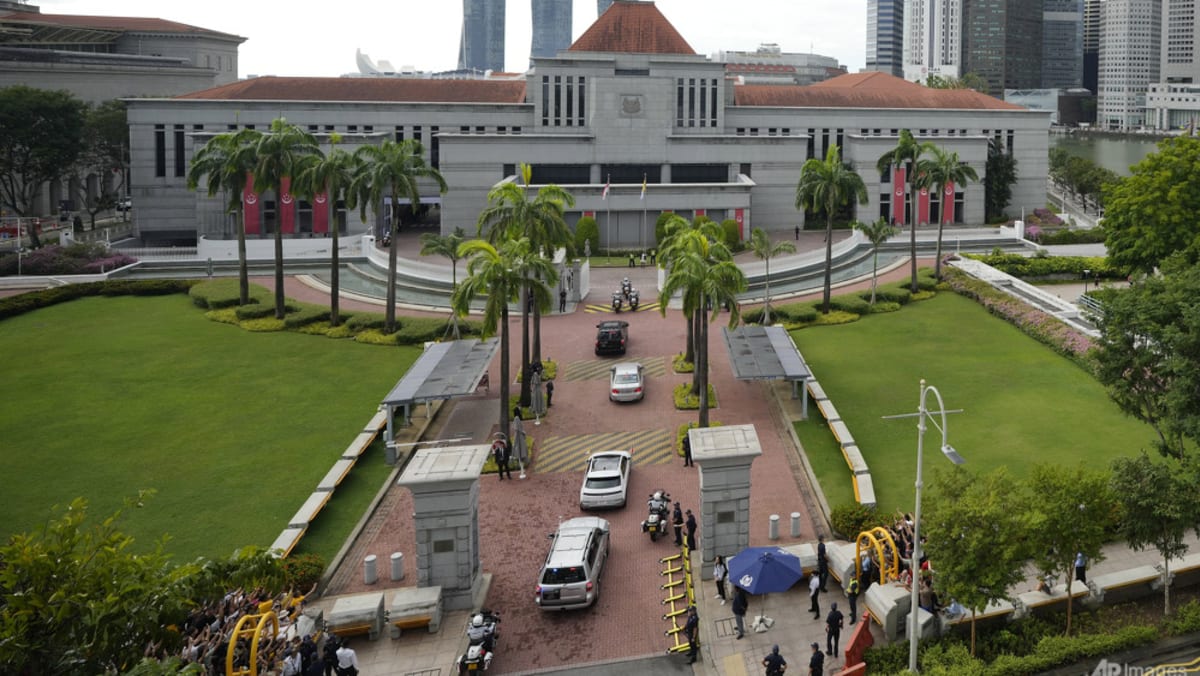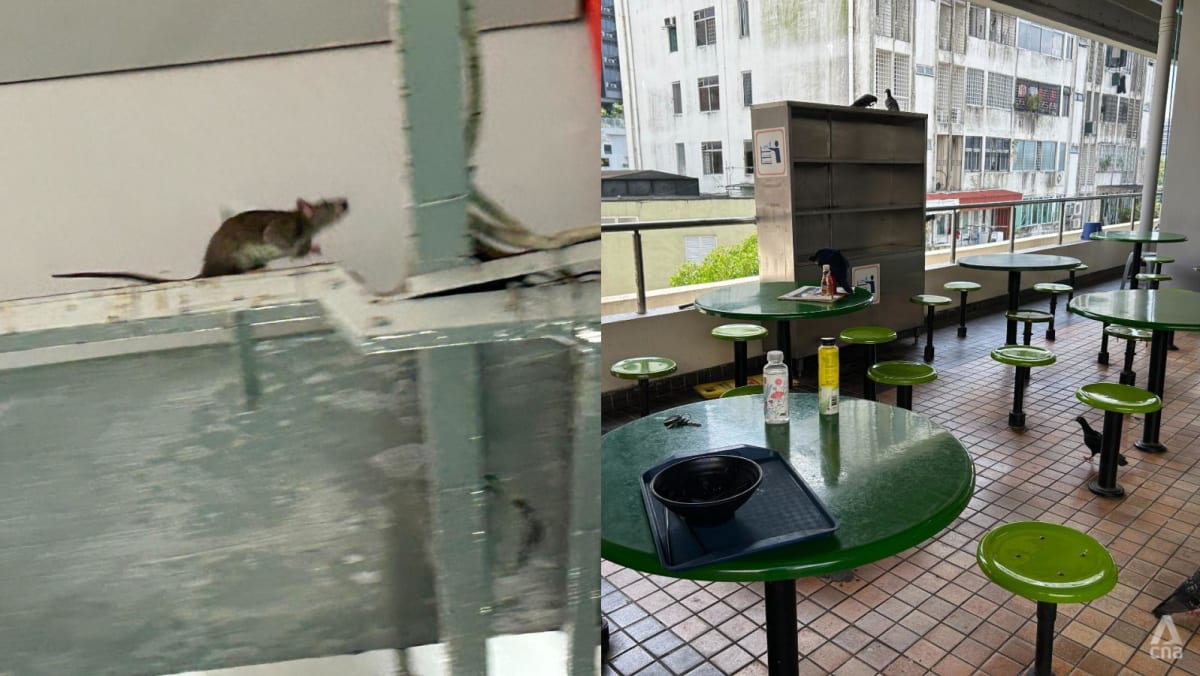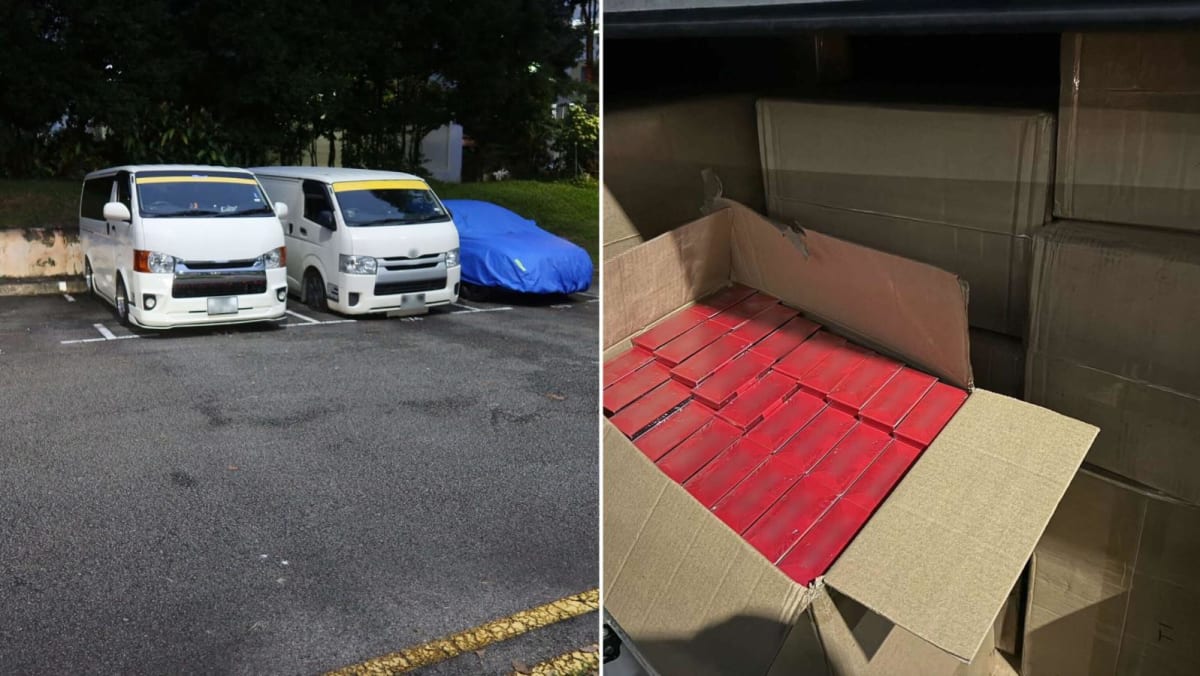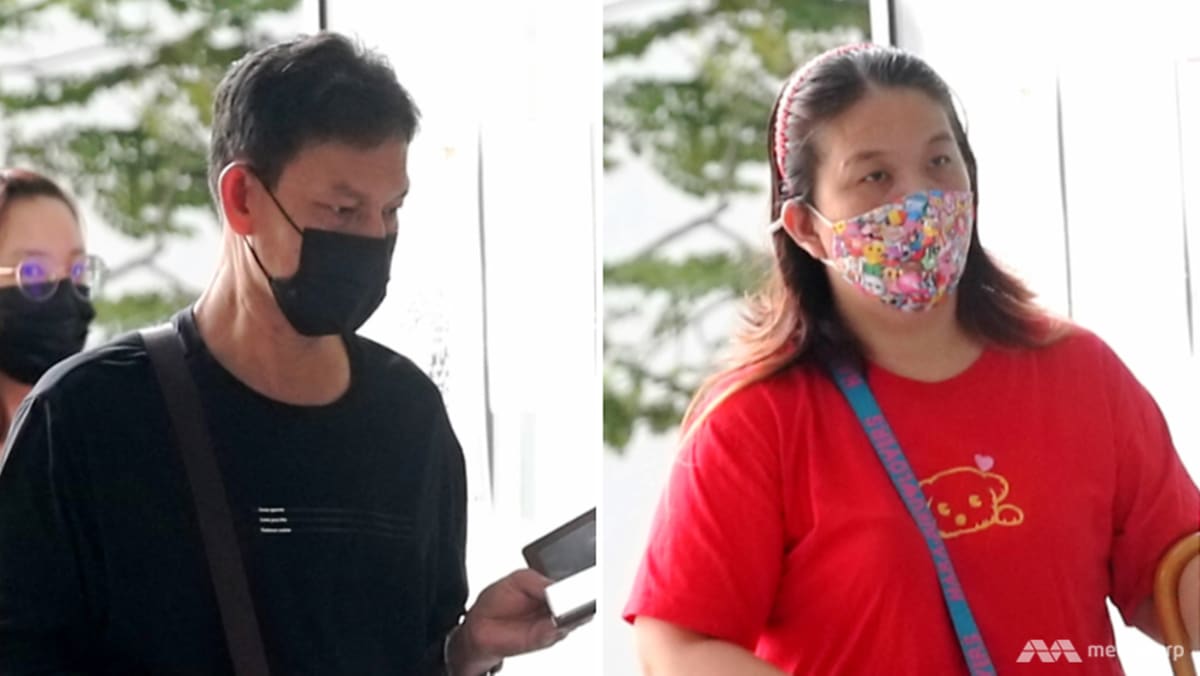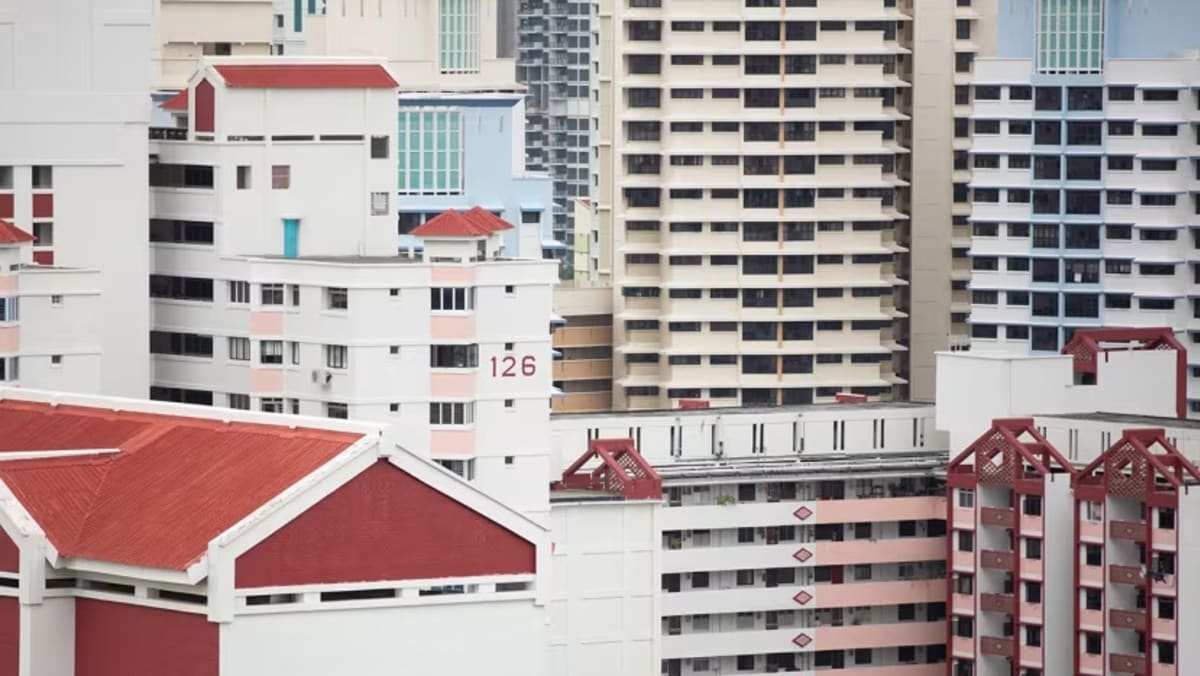At the same time, just over half of those (53.2 per cent) said they have at least one close friend of another race.
While this is a significant increase from a decade ago (45.6 per cent), there was a marginal decrease compared to 2018 (55.5 per cent).
The decline could be attributed to an overall decline in close friends, the report noted.
Regardless of race, the average number of close friends in 2024 was 6.49, a decrease from 10.67 in 2018 and 8.33 in 2013, as reported by respondents.
Chinese respondents were significantly less likely to report having at least one close friend of another race (45.3 per cent), compared to their minority-race peers – 72.5 per cent of Malays, 84.5 per cent of Indians, and 85.1 per cent of “Others” respondents.
“This is most likely due to demographics of the population, with minorities much more likely to encounter and subsequently build friendships with majority race persons,” the report said.
Younger respondents and HDB-dwellers were more likely to report cross-racial friendships compared to their older and private property-dwelling counterparts.
The shift in the number of cross-racial friendships was “unexpected”, said Dr Puthucheary. He added that such friendships are important to Singapore’s approach in maintaining social cohesion, integration, peace and harmony across society.
He pointed out that while more people are open to cross-racial friendships, shrinking social circles means less opportunities to form and strengthen such friendships.
“This is not a Singaporean issue, not just a Singapore issue. Many countries face similar trends. We have to think very carefully about how to address this challenge.”
TENSIONS
Majority of respondents in 2024 felt that Singapore is free from racial and religious tensions.
More than eight in 10 agreed that they do not experience such tensions in their daily lives. Older respondents and those with lower educational qualifications were more likely to hold these positive views, the report found.
More than three-quarters of respondents aged above 65 also said they never felt upset because someone insulted their race or racial customs. This was higher than the 42.3 per cent reported for those aged 18 to 35 years old.
Chinese respondents were also more likely to say they have never felt upset in the past year by racial insults, than minority-race respondents.
However, certain religious practices, such as the burning of religious items and loud events at void decks, “continue to irritate” 13.7 per cent and 10.1 per cent of respondents respectively in 2024, the report said.
This is compared to the 16 per cent for burning of religious items and 9.3 per cent for loud events reported in 2018.
While some cultural practices remain as matters of tension, 71.1 per cent of respondents agreed or strongly agreed that racial diversity is beneficial for Singapore.
This was a 4.4 per cent increase from 2018, with Malay and Indian respondents being more likely to value diversity than their Chinese counterparts.
Younger respondents were also more likely to express a strong belief in learning from other racial and religious groups.
This could signify that the multicultural narrative is “increasingly accessible” to younger cohorts of Singaporean residents who have gone through national education programmes, said IPS.
Interest in understanding other cultures’ customs and practices had also grown slightly.
About four in 10 respondents (41.8 per cent) agreed or strongly agreed that they had an interest in understanding other racial groups’ customs and practices, up from 38.3 per cent in 2018.
Likewise, 37.9 per cent of respondents were interested in learning about other religious beliefs and practices, compared to 33.9 per cent in 2018.
Racial and religious minorities, as well as younger respondents, were more likely to be curious about different customs.
The survey results overall act as a “reality check” on the state of social cohesion, racial and religious harmony across Singapore, said Dr Puthucheary.
He added that the workplace was “increasingly important” for OnePeople.sg’s work on social cohesion.
“In other words, yes, things are improving in the workplace, but as things are improving more in all the other spaces, we have to pay more attention to what happens in the workplace.
“So the workplace becomes a relatively more significant area of focus.”
In a response to the survey results, OnePeople.sg said that it was working to address divides that extend across generational, educational and socio-economic lines.
The organisation had commenced a series of community dialogues in collaboration with educational institutions, ethnic and religious organisations to foster open and respectful exchanges.
This will allow participants of diverse backgrounds to better understand one another’s perspectives and build meaningful connections, said OnePeople.sg.
It had also launched the Workplace Diversity Programme in partnership with IPS which had seen “positive results”.
Through tailored workshops, OnePeople.sg said it aims to help organisations create environments where employees of all backgrounds feel valued and respected.





